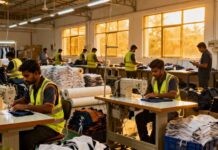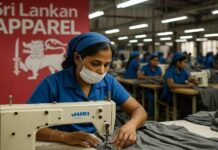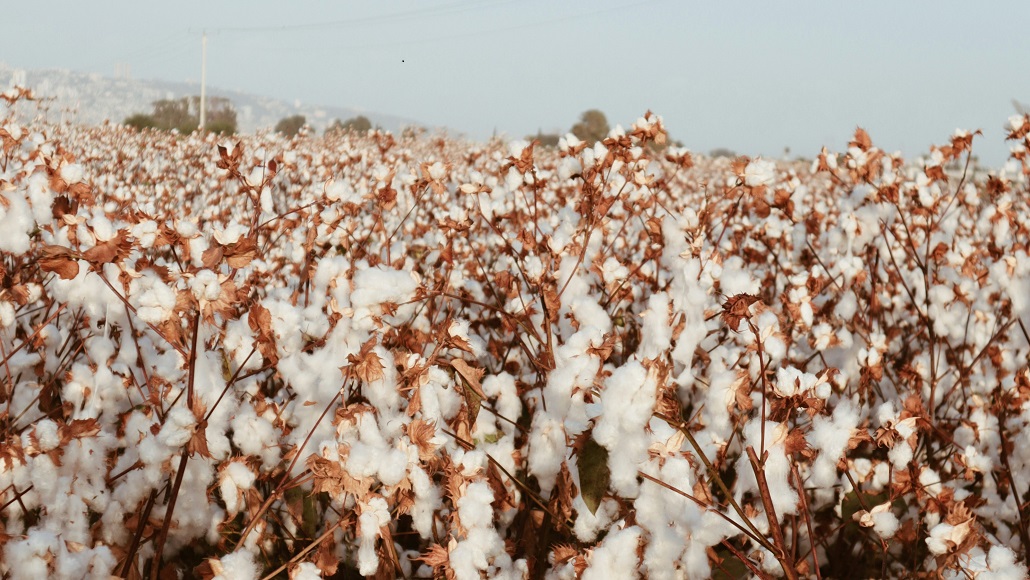The Bangladesh Textile Mills Association (BTMA) has called on the Bangladesh government to reconsider the recently implemented 2% Advance Income Tax (AIT) imposed on cotton imports. The association argues that this tax will significantly increase production costs for local textile manufacturers, ultimately hindering their competitiveness in both domestic and international markets.
BTMA officials emphasized that cotton is a critical raw material for the country’s textile industry, which is a vital component of Bangladesh’s economy. The association believes that the additional tax burden will directly affect the profitability of textile mills and could lead to increased prices for consumers.
In their appeal, the BTMA pointed out that many countries provide preferential treatment to their textile sectors, including subsidized cotton imports, which helps them maintain competitive pricing. They urged the government to withdraw the AIT to support local manufacturers who are already grappling with rising operational costs due to various factors, including the global price surge of raw materials.
The BTMA is advocating for a more favorable import policy that would enable textile producers to obtain cotton at lower prices, thereby ensuring the sustainability of the industry. By alleviating this tax, the association believes that the government can help bolster the textile sector’s growth and maintain its position as one of the leading contributors to national exports.
In light of these concerns, the BTMA has requested a meeting with government officials to discuss the implications of the AIT and to explore potential solutions that would benefit both the industry and the economy as a whole.

































